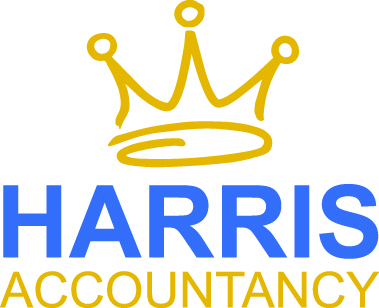 Grants received by CICs and other social enterprises are not automatically treated as tax free or exempt. It is essential to establish the nature of the grant for corporation tax and VAT purpose.
Grants received by CICs and other social enterprises are not automatically treated as tax free or exempt. It is essential to establish the nature of the grant for corporation tax and VAT purpose.
Grants can be of two kinds, capital grants or revenue grants. HM Revenue guidance manual gives more details on how to recognise the type of grant received (BIM40451). Majority of the time, revenue grants are taxable in nature. If the grant has been received for a ‘non-trading’ activity/purpose, this would not count towards the taxable income.
It is equally important to ensure that the wording of the grant correct. Some wordings in agreements may suggest that the money received is actually a contract/trading in nature rather than a grant.
Grants – a subsidy for a service that the organisation cannot otherwise afford to deliver. The organisation can give the grant back to the funder if they wish.
Contracts – the organisation is providing an agreed service at an agreed price to the purchaser, via a legally binding document.
Sometimes restricted grants and service level agreements are treated as contracts. This is where the wording of the agreement is important.
For example, under contracts invoices are usually raised, whereas with grants they are usually claimed or drawn down.
The grant agreement may mention claw-back if the terms of the grant are not complied with, whereas a contract would not mention this. A contract would instead mention breach of contract or claims for damages.
Service level agreements (SLA) can be used with both grants and contracts, and it is important to check the wording to see if the SLA is for a grant or a contract.
From January 2015, Under the FRS 102, grants need to be recognised when the entity has reasonable assurance that the entity will:
- complies with the conditions attached to the grant agreement
- the grants will be received
The performance model
The grant will be recognised:
- when grant does not impose future performance-related conditions and is received or is receivable.
- if conditions not met for grants received, then the entity recognises the grant amount as a liability on the financial accounts.
The accrual model
It is based on the below treatments depending on if it is a revenue based or capital based grant:
- For revenue grants, income and expenses are recognized in a systemic basis over the period which the organization recognizes the relevant costs.
- For capital grants, the grant is recognized in the profit and loss account based on the useful economic life of the asset. I.e. recognized as a liability – deferred income
Sources:
- www.gov.uk/hmrc-internal-manuals/business-income-manual/bim40451
- www.frc.org.uk/Our-Work/Publications/Accounting-and-Reporting-Policy/SEN-08-Government-Grants.pdf
- www.accountingweb.co.uk/business/financial-reporting/frs-102-government-grants






